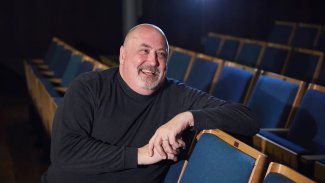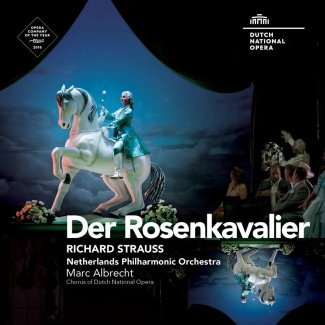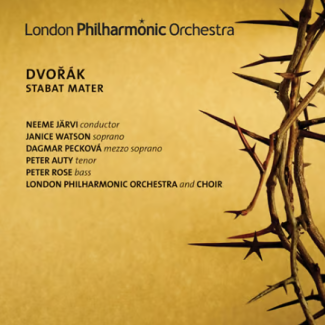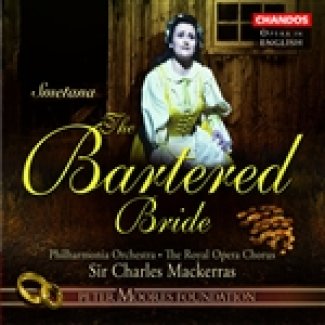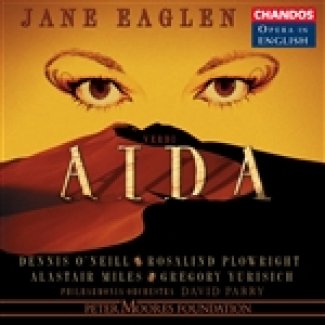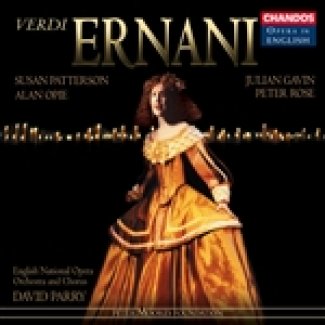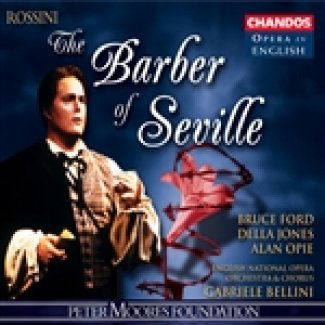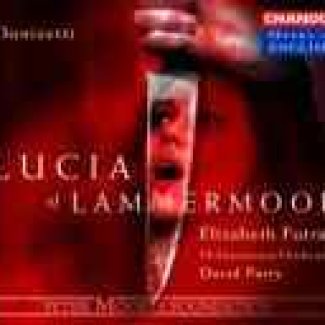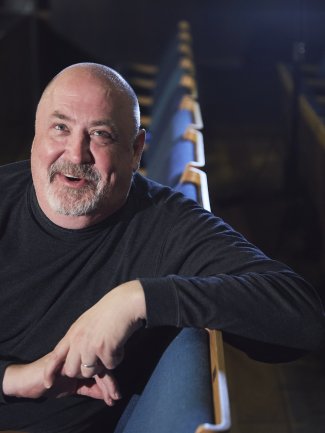
Peter Rose
Download Assets
“Peter Rose’s Ochs; he inhabits the role completely, with such love for every shading of each word of text that the part could have been written for him.”
Financial Times, May 2025
Peter Rose is widely acknowledged as one of the world’s leading exponents of Richard Strauss’ Baron Ochs, a role he’s sung to comedic perfection in productions of Der Rosenkavalier with all the world’s leading theatres including Wiener Staatsoper, the Metropolitan Opera, Teatro alla Scala and with the Royal Ballet & Opera. And since his debut with the company as Lord Rochefort in Anna Bolena, opposite Dame Joan Sutherland in her final role in the theatre, he’s continued to work with the world’s greatest singers and conductors, including such legendary names as Sir Georg Solti, Carlos Kleiber and Carlo Maria Giulini, setting the scene for one of the most enduring and high-profile careers of any British artist in recent decades.
Equally commanding in an impressive range of operatic repertoire, appearances have included as Osmin (Die Entführung aus dem Serail), Fafner (Siegfried), Boris Godunov, Falstaff, Il Commendatore and Leporello (Don Giovanni), Banquo (Macbeth), Gorjančikov (From the House of the Dead), König Marke (Tristan und Isolde), Four Villains (Les contes d’Hoffmann), and Rocco (Fidelio). He’s also strongly associated with the role of Bottom in A Midsummer Night’s Dream for which he has won particular acclaim and marked his debut at the Metropolitan Opera.
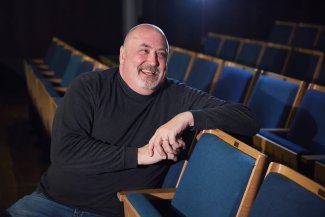
See More
Recent opera highlights include Osmin at Teatro alla Scala, Milan conducted by Thomas Guggeis, Fafner (Siegfried) under Christian Thielemann at Staatsoper Unter den Linden and Ochs at Semperoper Dresden conducted by Cornelius Meister and last season saw his role debut as Sir Morosus in Jan Philipp Gloger’s new production of Die schweigsame Frau at Staatsoper Unter den Linden conducted by Thielemann.
The 2025/26 season includes three appearances on the stage of Staatsoper Unter den Linden, as Fafner (Der Ring des Nibelungen), as Sir Morosus and as Baron Ochs – all under the baton of Christian Thielemann; and there will be further performances of Der Rosenkavalier on tour to Japan with Wiener Staatsoper under Philippe Jordan and he returns to Bayreuther Festspiele for their newly curated and digitally realised Der Ring des Nibelungen celebrating 150 years of the cycle’s history in the theatre and led by Christian Thielemann.
A prolific concert artist, Peter Rose has also worked with the world’s leading orchestras including the Cleveland Orchestra, London Philharmonic Orchestra, New York Philharmonic, London Symphony Orchestra, Rotterdam Philharmonic Orchestra, Berliner Philharmoniker and Wiener Philharmoniker, collaborating with many of today’s leading conductors including Sir Simon Rattle, Adam Fischer, Kirill Petrenko, Yannick Nézet-Séguin and Simone Young.
In recognition of his many celebrated performances at the Wiener Staatsoper, Peter Rose was awarded the lauded title of Kammersänger in 2020.
When he’s not on stage, Peter Rose is known for his warm and approachable personality. A passionate advocate for young musicians, he frequently participates in masterclasses and mentorship programs, sharing his knowledge and inspiring the next generation of operatic talent.
Contacts
Shirley Thomson Senior Director, VOICE at HarrisonParrott | Head of CSR
General Management
“Peter Rose as Baron Ochs … ‘it was his unremitting attention to detail and nuance that made him so brilliant. He was funny, sometimes wonderfully so (as in a deftly judged slip into Japanese), but more than that: from his first entrance he regularly appeared as though on the verge of discovering something about himself that he might not much like and yet was always able to step back from the brink.’
“Peter Rose gave necessary weight to Fafner’s death.”
“Fafner, played with a powerful voice by Peter Rose.”
“Fafner — in this production a monster straight out of the Stone Age and in the best hands with Peter Rose , equipped with a profound and versatile bass.”
“At the forefront stood Peter Rose as Sir Morosus, making his début in a role that fits him like a tailor-made glove. The vocal attributes that have long earned him acclaim were once again on display; one could almost glimpse his Baron Ochs from Der Rosenkavalier lurking in the wings. His vocal resources are wielded here with seasoned authority and theatrical finesse.”
“Peter Rose is an ideal cast for Morosus, as he brilliantly succeeds in portraying the withdrawn former warhorse who now shies away from any kind of noise. Mr. Rose’s deep, voluminous bass voice testifies to his excellent vocal artistry. His “Ah“s at the end of the second and third acts are of monumental depth. Yet, at the end of the second act, a vulnerable tenderness, almost childlike vulnerability, shines through.”
“As Sir Morosus, Peter Rose was everything would have hoped for, placing the character somewhere justly between Ochs and La Roche – I have been treated to the former, though not yet to the latter – but above all creating an individual human being of his own, whose ‘difficulty’ we increasingly understood and sympathised with, coming to know a somewhat different person than the one we had assumed he was.”
“Peter Rose is also superb in the leading role of Morosus: a man who has experienced everything and is glad that “the music is over,” however beautiful it was. For him, this has nothing to do with age-related depression, but rather with a weariness of life. A strong character portrayal.”
“Bass Peter Rose confidently reprises his iconic role as Baron Ochs von Lerchenau. His expressive and theatrical German is combined with a musically fluid delivery. Oscillating with ease between spoken and sung, his performance is distinguished by deep bass notes and consistent accuracy across the entire range. His stage presence commands true comic authority, structuring the opera’s burlesque arc throughout the evening.”
Peter Rose, in splendid voice, cut a sympathetic figure as Rocco.
Peter Rose’s Hunding was smooth and even sympathetic, with almost a glow to his sound, there was a menacing stillness to his performance. He had gripping diction
Peter Rose a richly sympathetic Rocco.
As the Theatre Director, La Roche, Peter Rose gave a commanding performance…There are vast numbers of words and notes in the role, with difficult rhythms and a huge range, Peter Rose played him to a T and sang superbly.
As Osmin, the overseer of the Pasha’s country house, Rose handled the comedic elements with a light touch, his deep bass maintaining an elegant and stylish presence throughout.
The English bass Peter Rose is a theatrically monumental and hilarious Osmin, an accomplished actor, a savoury, cheeky and bubbly guardian of the Pasha’s villa, debonair but never over the top, possessing a deep vocal instrument.
